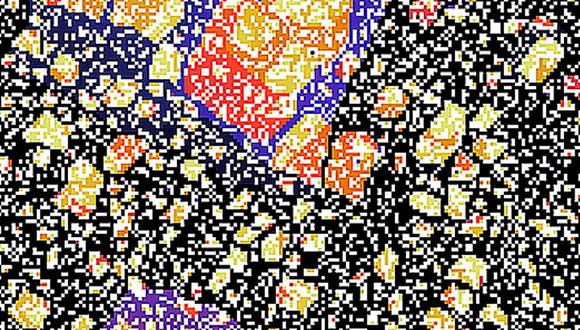Biological & Soft Matter Seminar: The birth, life, and death of dissipative colloidal crystals
Serim Ilday, Bilkent University
Zoom: https://tau-ac-il.zoom.us/j/87613301720?pwd=VFRnVVcyUzNQYXcxN3AyS2lJVVhCUT09
Abstract:
In 1994 Erwin Schrödinger published an inspiring book titled "What Is Life? The Physical Aspect of the Living Cell." Using only physical and mathematical reasoning, he concluded that the information necessary to replicate the living is most likely stored in an aperiodic crystal before the discovery of DNA. This provoked -at the time- the radical idea that, despite its complexity, life can be described by mathematical rules governing physical processes. Since then, the idea has been explored theoretically with simple models such as cellular automata, originally introduced by von Neumann, or with highly complex biochemical experiments. There is a lack of the experimental counterpart of the simple theoretical models.
Several years ago, we designed the simplest experimental system that can still manifest the key characteristics of living organisms. Our system does not involve any biochemical interactions but only purely physical effects. We showed that artificial atoms (strongly Brownian polystyrene spheres sustained in water) can form autocatalytic, dynamic adaptive crystals with a garden variety of patterns (Nature Commun. 2017). We further formulated the physical processes of their emergence and uncovered universality (Nature Phys. 2020). Understanding the rules behind their "birth" and "life" motivated us to study their "death," which led to the discovery that one-time-only energy delivery may be enough to form connections between initially uncorrelated and spatially distant atoms (JPCM 2021). In this talk, I will walk you through this journey and explore the possibility of approaching life from first principles.


